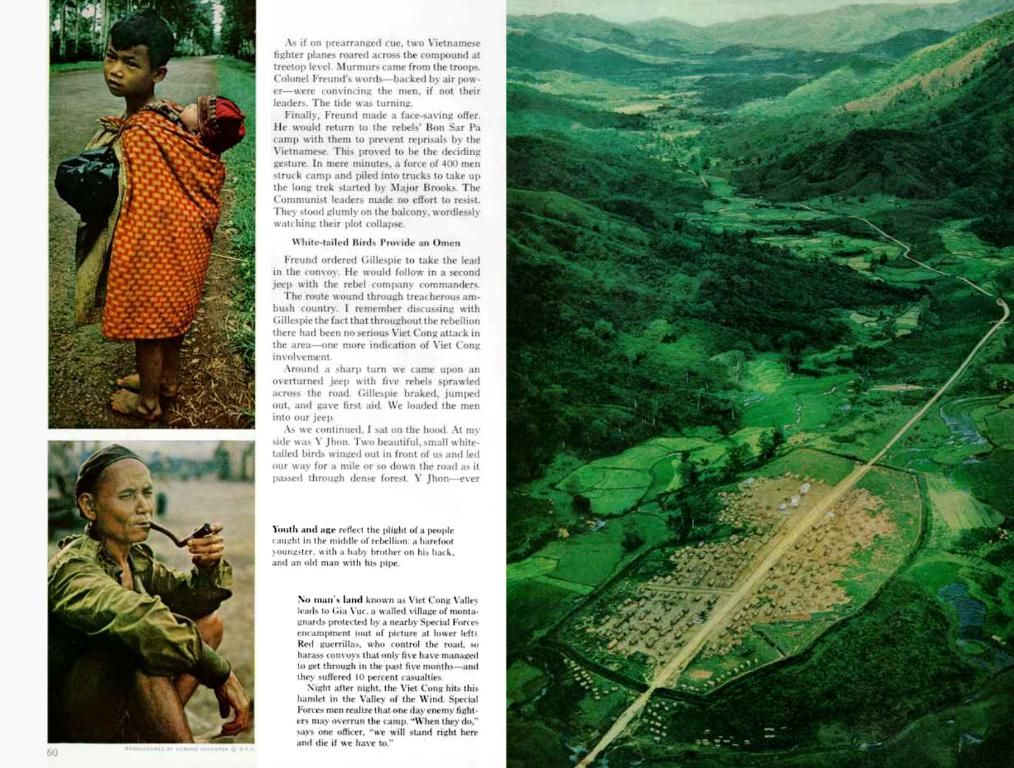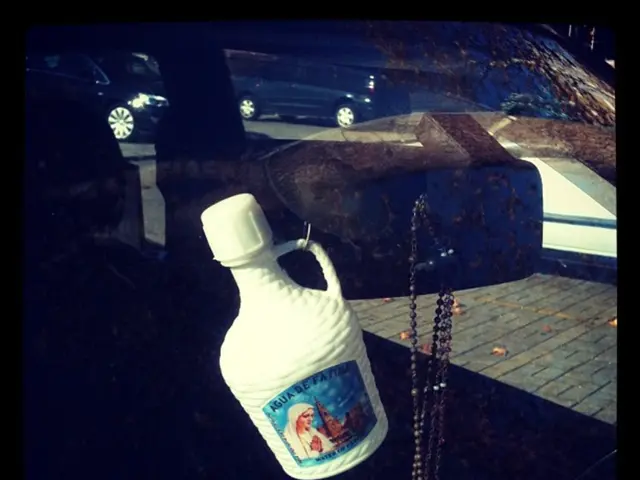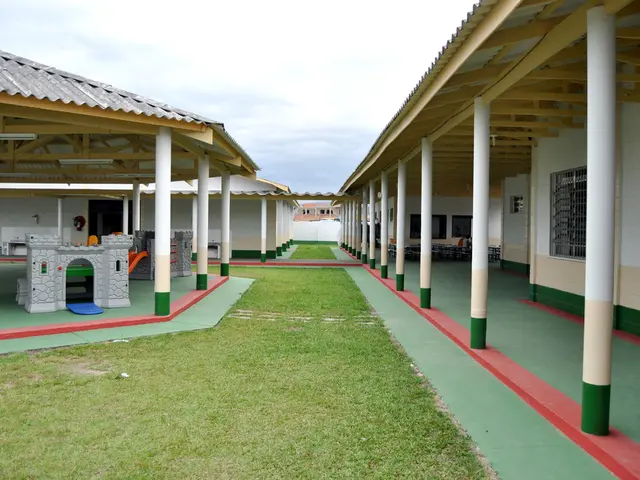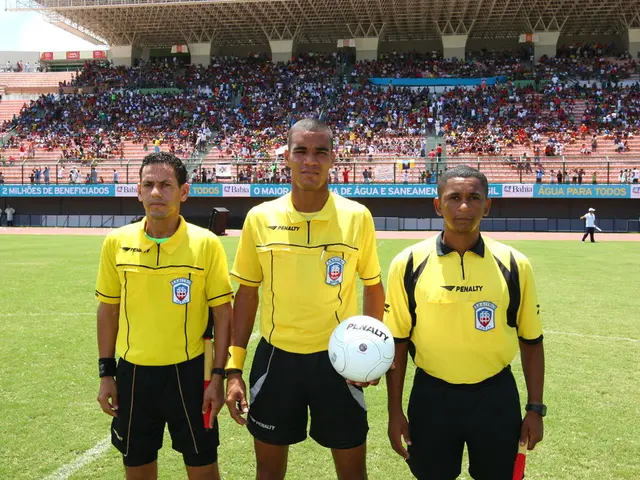Important Unity Necessary Following Attack: Questioning whether BJP is Limiting India's Choices
In the grim aftermath of the Pahalgam attack that left innocent lives shattered, India's political leaders found themselves at a crossroads. The ruling BJP and Prime Minister Narendra Modi were no exception as they faced this defining moment.
Rather than pausing their electioneering tactics, the Modi government could have suspended its "Ek Hain to Safe Hain" and "Batenge toh Katenge" campaigns. These strategies, intended to rally the Hindu vote by instilling fear and encouraging unity on religious lines, might have been put on hold in the face of such national tragedy. However, polarization based on religious identity took hold instead, blurring the lines between internal politics and foreign policy.
In Karnataka, for example, the BJP's Leader of the Opposition, R. Ashoka, accused the Chief Minister Siddaramaiah of being a "puppet" of an enemy nation by merely cautioning against an immediate war. This accusation was a double-edged sword. First, it silenced voices that questioned the handling of the crisis; second, it heightened the polarization by urging "nation must rise above politics and speak in one voice."
Meanwhile, in Kashmir, the people, mosques, and government responded with a united call, "Not in Our Name." Omar Abdullah, the Chief Minister, demanded sensible actions from the Modi government in response to the public outcry. Unfortunately, the narrative took a dangerous turn in Rajasthan. BJP MLA Balmukundacharya and his followers plastered hate posters on the Jama Masjid, linking mosque-goers to the Pahalgam terrorists. Violence erupted as well, with a "gau rakshak" (cow protector) killing a biryani seller in Agra.
During such a critical juncture, an all-party meeting was held in Parliament, extending unconditional support to the Modi government. But the Prime Minister's absence was noticed. Instead of reassuring the nation and fostering unity, he chose to attend a rally in Bihar, delivering empty rhetoric about punishment for the terrorists. His lack of presence was perceived as a missed opportunity for reconciliation and peace.
Regrettably, the Prime Minister's words and actions were interpreted as a message that India's enemy wasn't Pakistan but certain segments of its own people. Some, influenced by extreme polarization and the labeling of dissent as anti-national, anti-Hindu, and pro-Pakistan, felt invincible. Social media was flooded with hate messages against various targets.
The Modi government, to ensure safety in Jammu and Kashmir and among its residents, must move beyond polarization and politics. Instead of using crises to boost electoral support, it should prioritize national security and unity. The government must prove its mettle by ensuring the safety of travelers and pilgrims during the Amarnath Yatra and rebuilding confidence among tourists visiting Kashmir.
In conclusion, the Pahalgam attack presented a unique opportunity for the Modi government to demonstrate its commitment to national security and unity. However, the absence of a unified response and the escalation of polarization threaten to derail these efforts. It's crucial for the government to navigate these challenges carefully and prioritize the well-being of its citizens over political gains.
Enrichment Insights:- The Modi government's strategy during periods of national crisis has been to convert the situation into an opportunity for building political consensus, strengthening diplomatic position, and rallying electoral support.- The BJP's approach to electioneering has often exploited existing tensions, further polarizing the nation on religious lines.- In times of crisis, the government has used national unity as a diplomatic tool, gaining international support against state sponsors of terrorism.- The Modi government's handling of crises, either through diplomatic pressure or electioneering strategies, has been instrumental in securing electoral victories and consolidating political support.
- The Pahalgam attack, a tragic event that left many lives shattered, highlights the need for India's policy-and-legislation to address war-and-conflicts, rather than using them as political opportunities.
- On the other hand, domestic issues like car-accidents, crime-and-justice, and sports-betting require as much, if not more, attention and action from the government.
- General-news outlets should report on all matters of public interest, including politics, without contributing to the escalation of polarization based on religious identity.
- It is crucial for India's leaders, particularly during times of crisis, to prioritize the well-being of their citizens over political gains, working toward national security, unity, and peace.







